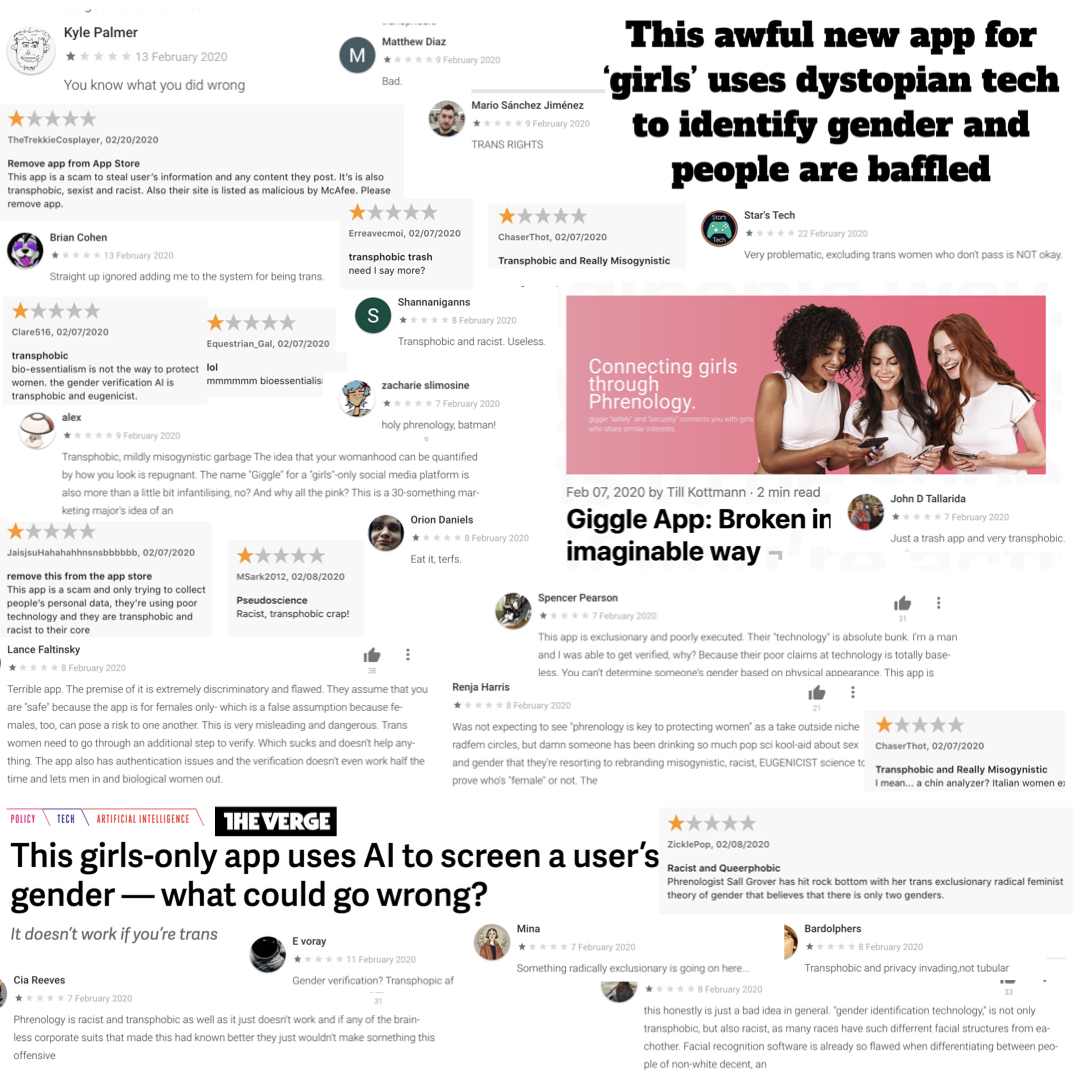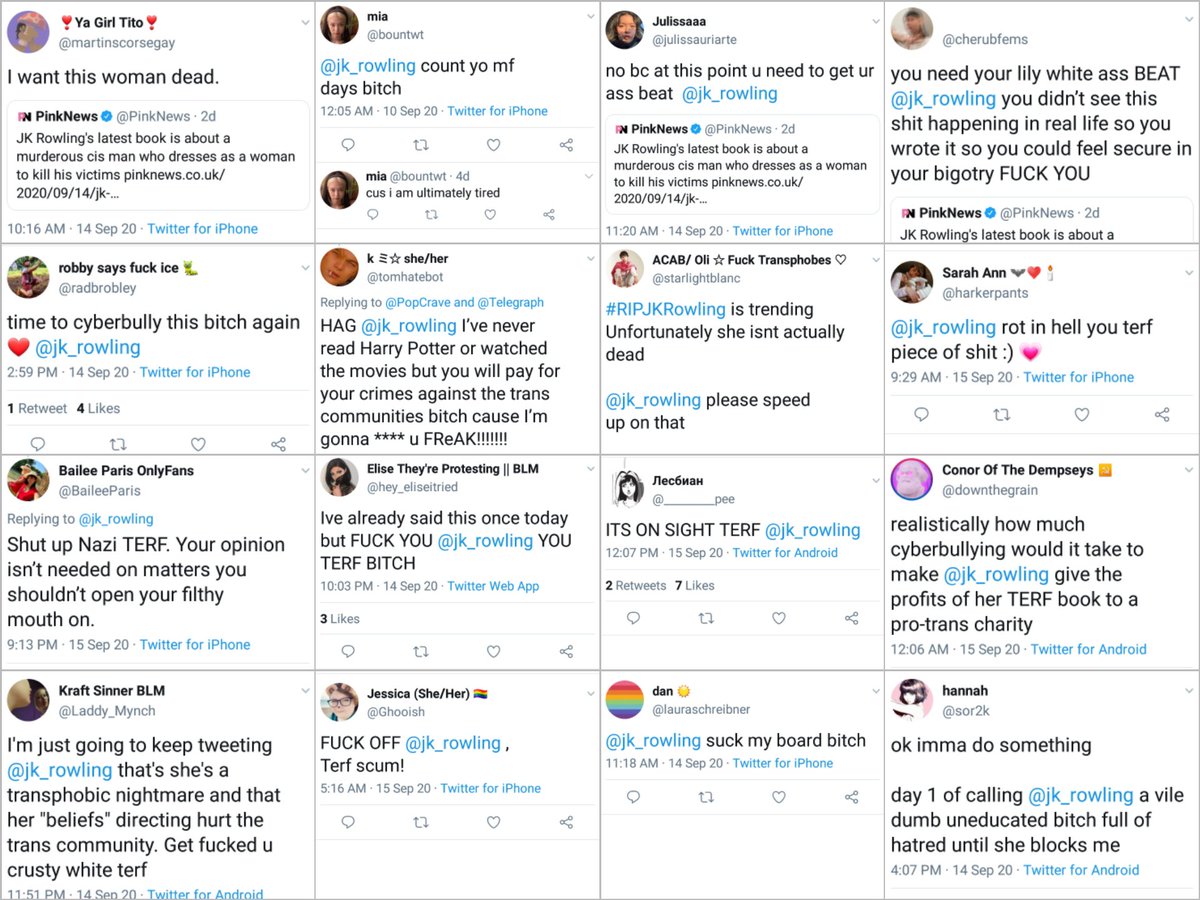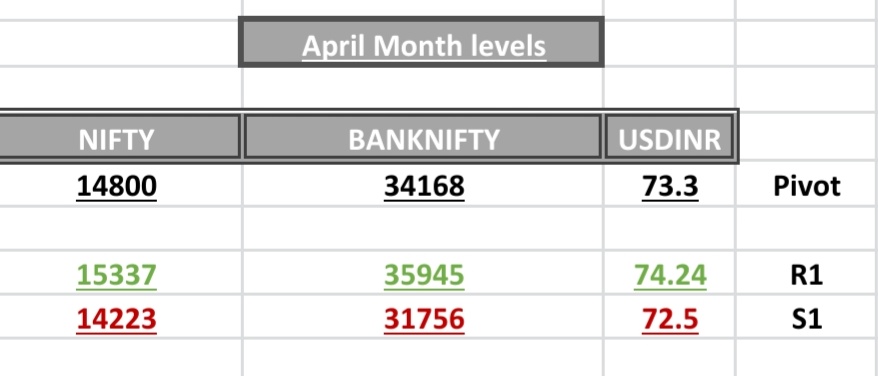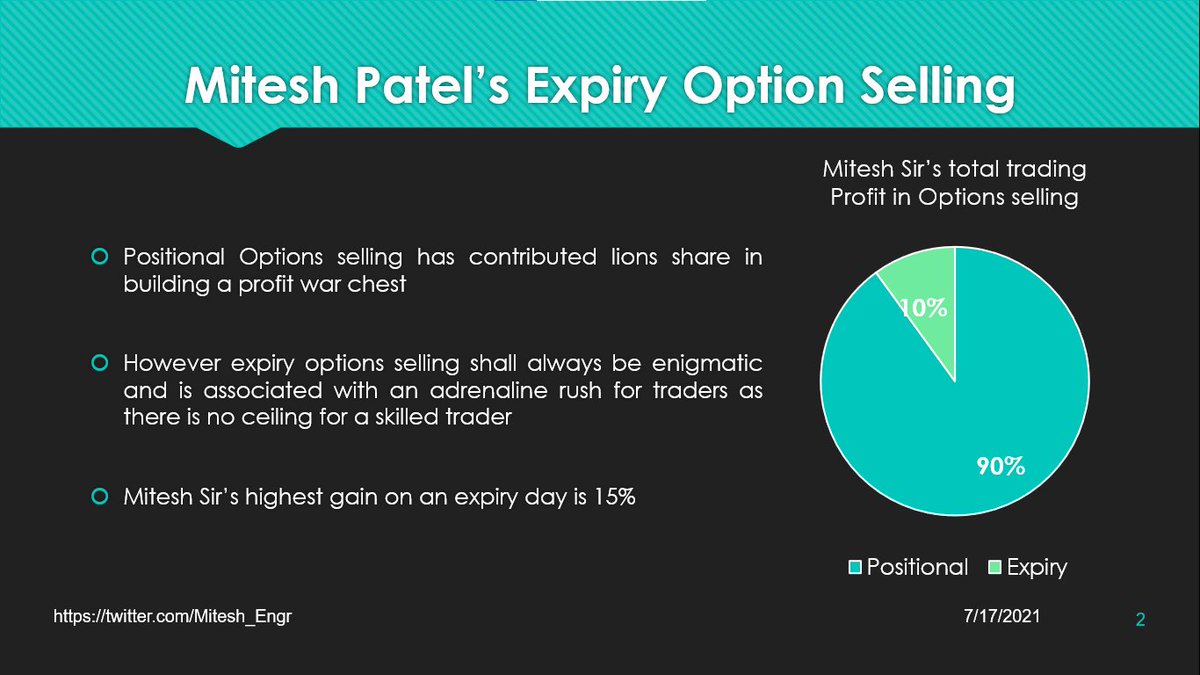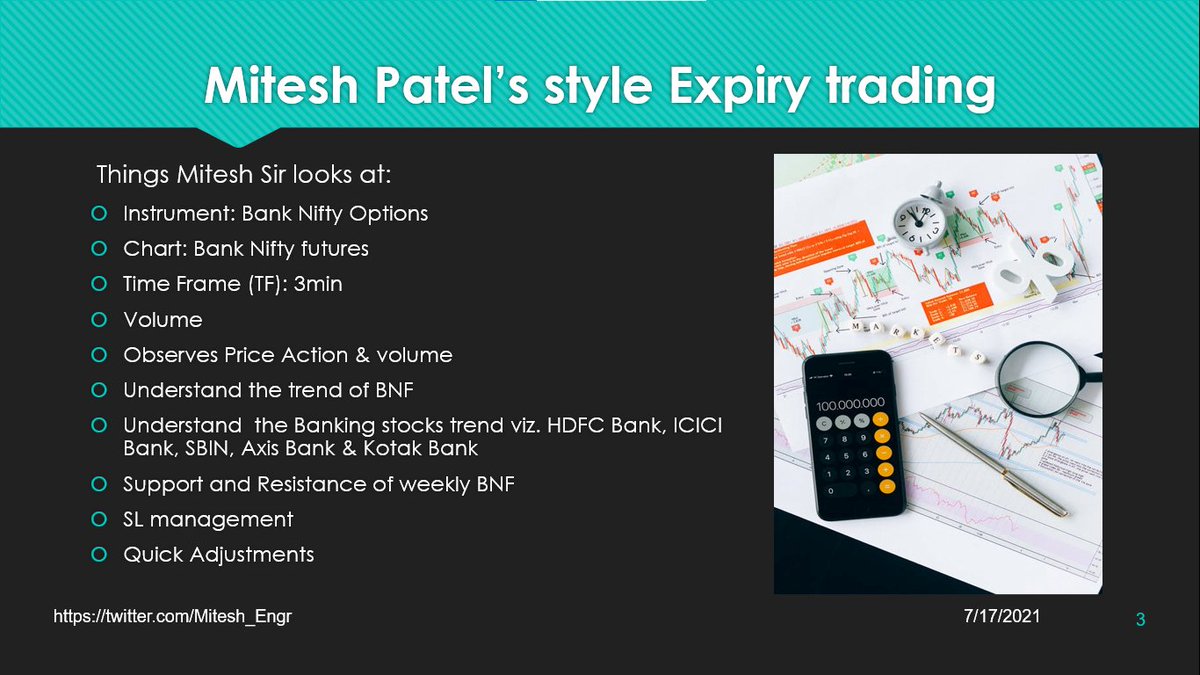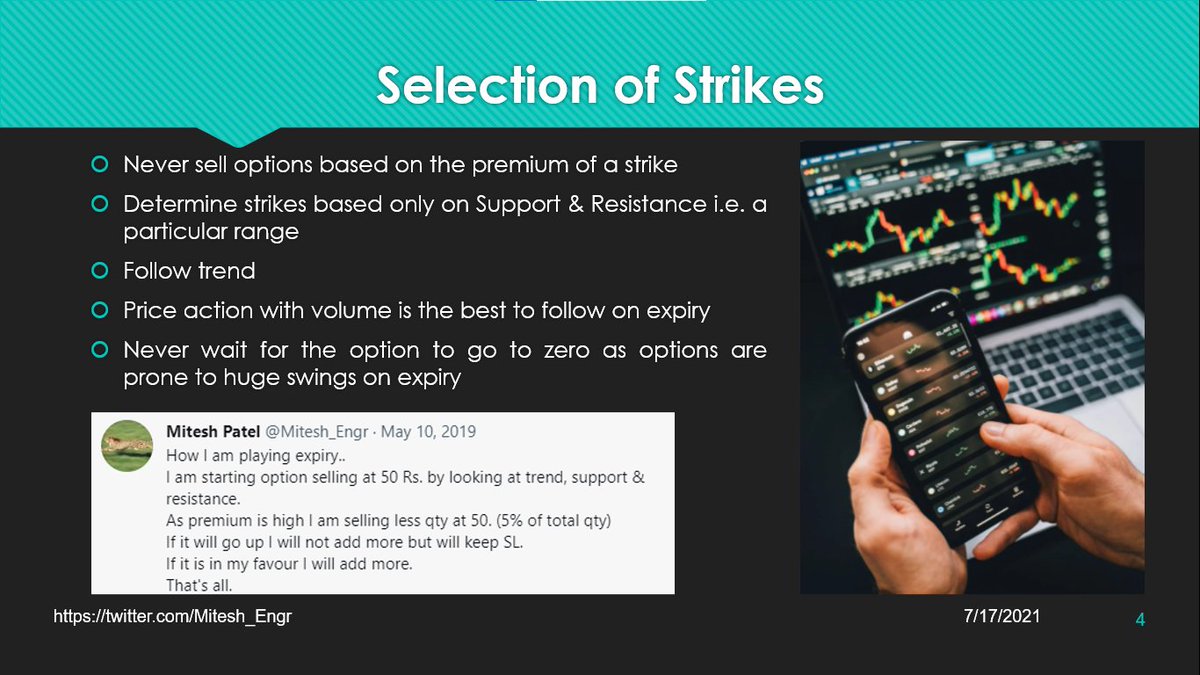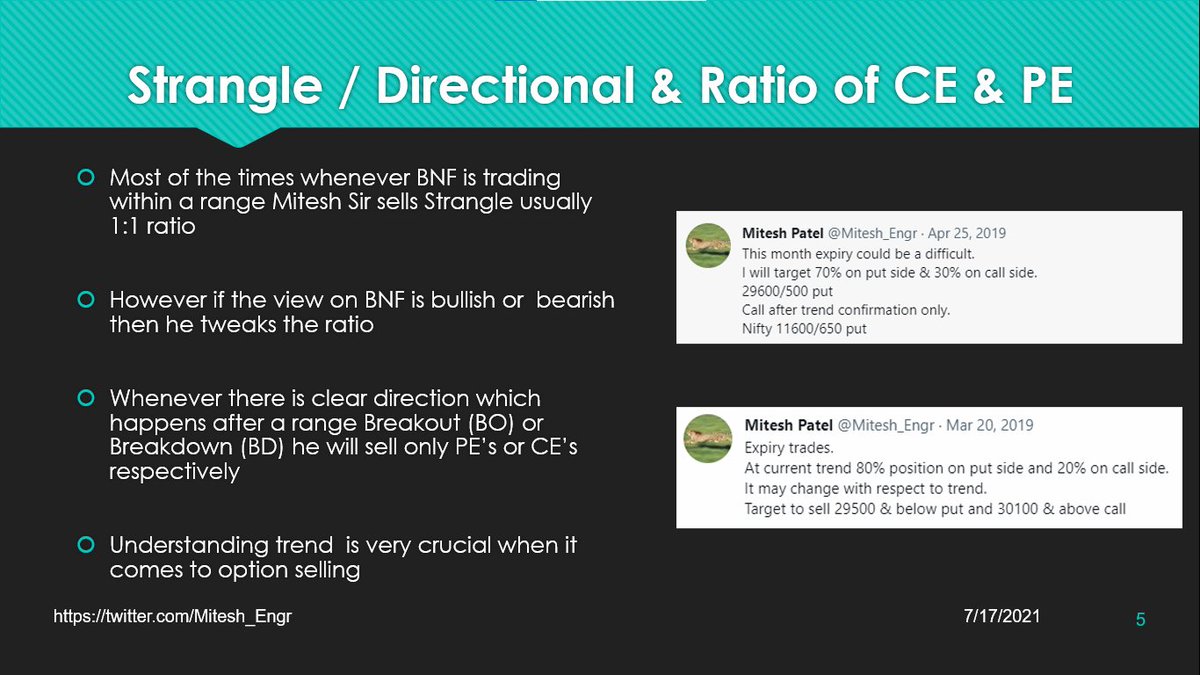Many people are stressed by social media, especially Twitter.
Here is what I do to keep my sanity:
More from Social media
Enter the thread if you dare. 😈
We’re counting down 13 of the best ways to Halloween on Snapchat. First up – matching Lens costumes for you and your pet.
https://t.co/J0Zn7CfM1q

Tis the season to slay some ghouls. Grab some friends and dive in to Zombie Rescue Squad from @PikPokGames. How long can you survive?
https://t.co/FC9dvafUiV
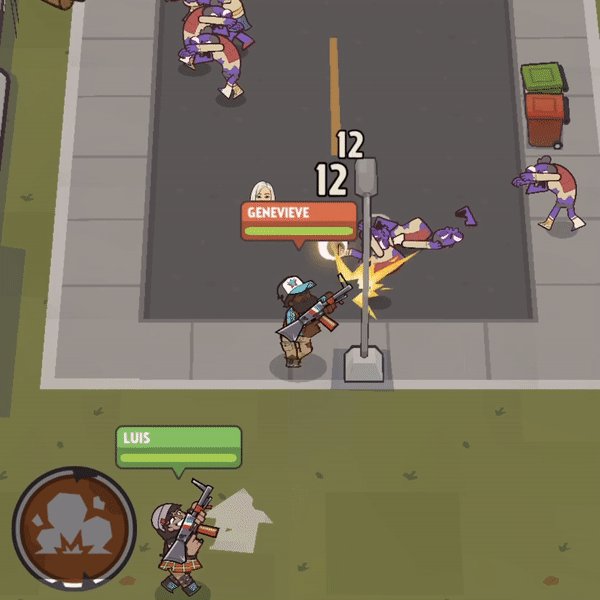
Is it even Halloween if you're not FREAKED OUT? Scare yourself silly with a Dead of Night S1 rewatch.
https://t.co/LtoE7yHgaG

Be careful! Things aren’t always what they seem. Our Lenses start off cute, but are filled with spooky surprises!
https://t.co/xq45JlYeQ7

Craving candy early? Our new stickers were made to satisfy your sweet tooth.

We’re counting down 13 of the best ways to Halloween on Snapchat. First up – matching Lens costumes for you and your pet.
https://t.co/J0Zn7CfM1q

Tis the season to slay some ghouls. Grab some friends and dive in to Zombie Rescue Squad from @PikPokGames. How long can you survive?
https://t.co/FC9dvafUiV

Is it even Halloween if you're not FREAKED OUT? Scare yourself silly with a Dead of Night S1 rewatch.
https://t.co/LtoE7yHgaG

Be careful! Things aren’t always what they seem. Our Lenses start off cute, but are filled with spooky surprises!
https://t.co/xq45JlYeQ7

Craving candy early? Our new stickers were made to satisfy your sweet tooth.

As we wait for the transition of power from despot to democrat, Facebook (Zuckerberg) has taken it upon itself to aid in the obstruction of that power transfer, facilitation of an insurrection narrative and disregard for the will of the American electorate.
In other words, the Social Media monopoly Facebook commands globally has gone full fascist in an attempt to preserve the corrupt and criminal hold on power by Republicans and Trump Administration.
Aiding and abetting a coup d’état.
As if there weren’t enough other reasons to dismantle Facebook’s monopoly, Zuckerberg is playing his cards and revealing clearly that Cambridge Analytica election interference was not just a onetime anomaly, but is now a feature of Facebook’s business model.
Megalomaniac Marc has now revealed the true colours of Fascist Facebook.
Facebook is a weapon to manipulate the masses. A tool to carry out disinformation campaigns with impunity.
And the response of the left... is to delete their Facebook account.
As if the deletion of a Facebook account will do anything. It might send a message that your virtues are principled, your morality superior. But it enables the weapon to be continued to gaslight and manipulate the electorate.
An inherent flaw in the left’s critical thinking.
If you thought disinformation on Facebook was a problem during our election, just wait until you see how it is shredding the fabric of our democracy in the days after.
— Bill Russo (@BillR) November 10, 2020
Look at what has happened in just the past week.
In other words, the Social Media monopoly Facebook commands globally has gone full fascist in an attempt to preserve the corrupt and criminal hold on power by Republicans and Trump Administration.
Aiding and abetting a coup d’état.
As if there weren’t enough other reasons to dismantle Facebook’s monopoly, Zuckerberg is playing his cards and revealing clearly that Cambridge Analytica election interference was not just a onetime anomaly, but is now a feature of Facebook’s business model.
Megalomaniac Marc has now revealed the true colours of Fascist Facebook.
Facebook is a weapon to manipulate the masses. A tool to carry out disinformation campaigns with impunity.
And the response of the left... is to delete their Facebook account.
As if the deletion of a Facebook account will do anything. It might send a message that your virtues are principled, your morality superior. But it enables the weapon to be continued to gaslight and manipulate the electorate.
An inherent flaw in the left’s critical thinking.



